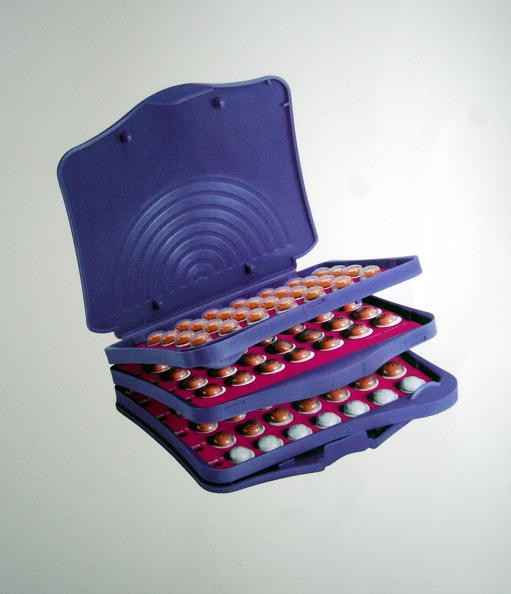
Contraceptives are big business nowadays with women being more conscious about unintended pregnancies. Over time numerous ways and processes has been created that helps ensure women with high protection from unwanted pregnancies. Contraceptive pills and injectable contraceptives are commonly used among women, IUD as well, but nowadays implants and such are also being used by the women. Most implants boast very low pregnancy risks, almost only one percent, but side effects have been continuously voiced out by women who have them.
In a recent study women who have the Essure implants from Bayer Sterility Device are 10 times more likely to have post-surgical operations done to them compared to women who had the standard sterility surgery. Allergic reactions from the implants have been highly complained about by women who have the Essure implant. The study says that there are over 750,000 women around the world with the Essure implants so the scope of the study is huge and could be inaccurate.
Weill Cornell researchers said that the 10-fold high occurrence of reoperation during the first year following implantation of the Essure implants is a cause for concern. Bayer defended themselves by commenting that the implant are highly-effective for women who wants permanent contraception with non-surgical operations. They also pointed out that decades of study with the implants assure it to be safe and effective.
Essure consists of two small nickel-titanium coils inserted through the vagina and cervix and into the fallopian tube of the women. They are designed to block the pathway of the sperm and egg by inflammation and fibrous tissue growth.
Food and Drugs Administration is in talks whether Essure should face restrictions or label changes. A panel of the FDA had a discussion last month to mull the benefits and risk of the Essure implants. The FDA promises to review the study involving the Essure implants and to put it as high priority issue.



